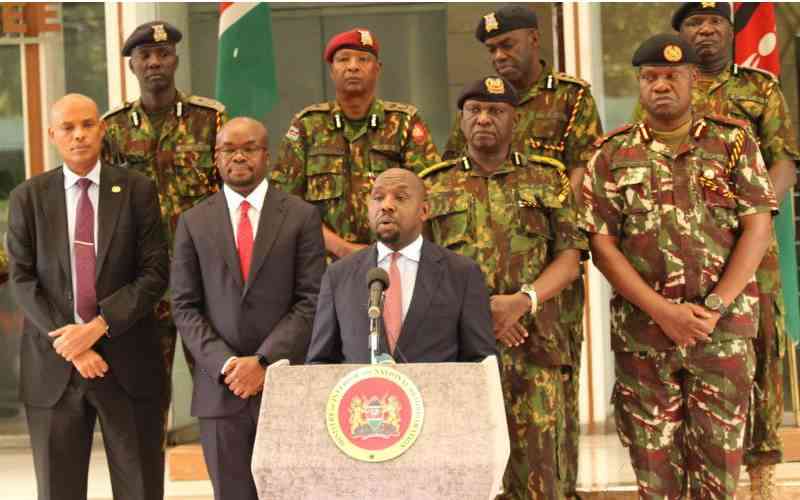Establish protocols for emergency sickle cell treatments - Panellists
They expressed grave concerns about delays in the chain of healthcare which they said caused early mortality, and stressed the need to build the capacities of caregivers and also ensure effective collaboration among all partners in the chain.
The conference, which was on the theme; “Current state of sickle cell in Ghana, progress made, challenges and the way forward,” was organised by the International Sickle Cell Centre (ISCC) in Accra.
Every June 19, is observed as World Sickle Cell Day and this year’s conference by the ISCC was aimed at creating more awareness about the sickle cell disease and the challenges faced by sickle cell patients.
The Director of External Health Co-operation at the Ministry of Health, Dr Hafez Adam Taher, in an address said a substantial portion of the productive population could pass the gene on, if measures were not put in place.
He said recognising the urgent need for action, the Ministry of Health (MoH) with support from stakeholders launched the national sickle cell strategy.

This, strategy, he said, provided a comprehensive and structured plan such as scaling up screening of new borns, setting up of specialised sickle cell disease clinics in teaching hospitals as well as the integration of the services in maternal and child health services.
Dr Taher also mentioned the inclusion of essential medicines in the medicine list for sickle cell patients but said in spite of all these there was still much to be done.
He, therefore, reiterated the need for partnerships to strengthen national response to the disease to ensure that no family was left behind.
A World Bank Technical Officer, Dr Pascal Kingsley Mwin, said there were approximately 18,000 children born with sickle cell disease each year.
He observed that the national strategy for sickle cell disease in the country could now set up a strategic framework to guide national action.
Dr Mwin said sickle cell disease required not only technical solutions but also governments reducing analysis of safety programmes and the security of health care.
A Co-founder of ISCC, Dr Mary Ansong, for her part advised sickle cell carriers not to forget their condition.
That, she said, could worsen their well being should there be crisis.
She also expressed concern about the gaps in the healthcare chain, and called for the strengthening of the health care management system in sickle cell management.
You may also like...
Diddy's Legal Troubles & Racketeering Trial

Music mogul Sean 'Diddy' Combs was acquitted of sex trafficking and racketeering charges but convicted on transportation...
Thomas Partey Faces Rape & Sexual Assault Charges

Former Arsenal midfielder Thomas Partey has been formally charged with multiple counts of rape and sexual assault by UK ...
Nigeria Universities Changes Admission Policies

JAMB has clarified its admission policies, rectifying a student's status, reiterating the necessity of its Central Admis...
Ghana's Economic Reforms & Gold Sector Initiatives

Ghana is undertaking a comprehensive economic overhaul with President John Dramani Mahama's 24-Hour Economy and Accelera...
WAFCON 2024 African Women's Football Tournament

The 2024 Women's Africa Cup of Nations opened with thrilling matches, seeing Nigeria's Super Falcons secure a dominant 3...
Emergence & Dynamics of Nigeria's ADC Coalition

A new opposition coalition, led by the African Democratic Congress (ADC), is emerging to challenge President Bola Ahmed ...
Demise of Olubadan of Ibadanland
Oba Owolabi Olakulehin, the 43rd Olubadan of Ibadanland, has died at 90, concluding a life of distinguished service in t...
Death of Nigerian Goalkeeping Legend Peter Rufai

Nigerian football mourns the death of legendary Super Eagles goalkeeper Peter Rufai, who passed away at 61. Known as 'Do...




